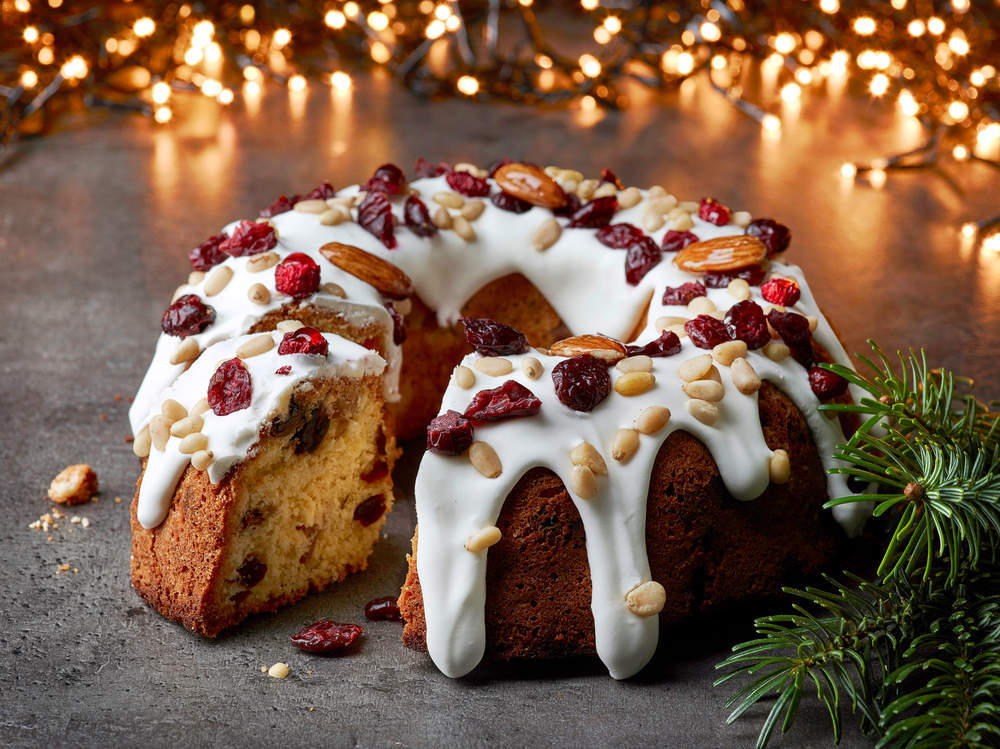
Discounters are benefiting as shoppers’ budgets feel the squeeze in the run up to Christmas.
Grocery inflation, partly owing to the fall in the value of the pound since the Brexit vote, now stands at 3.6 per cent — the highest it’s been since 2013.

Access deeper industry intelligence
Experience unmatched clarity with a single platform that combines unique data, AI, and human expertise.
Rises in the price of butter, fish and fresh pork among other household staples means that the UK’s cheapest supermarket Christmas dinner will cost 18 percent more than it did last year.
While more consumers are therefore looking for bargain buys in the food aisle, total spending on festive feasts is forecast to increase by 3.6 percent on last year.
“Despite higher prices, the British public is well into the swing of festive shopping,” said Fraser McKevitt, head of retail at and consumer insight at Kantar Woldpanel.
He pointed to alcohol sales, which are up by nearly £172m on last year.

US Tariffs are shifting - will you react or anticipate?
Don’t let policy changes catch you off guard. Stay proactive with real-time data and expert analysis.
By GlobalDataGin, whisky and sparkling wine sales have increased by 26 per cent, 10 per cent and 7 per cent respectively during the 12-month period.
Overall, Britons will spend a record £4.2bn on food and drink in the final week before Christmas.
Mike Watkins, Nielsen’s UK head of retailer insight agrees with Kantar’s predictions:
With Christmas Day falling on a Monday, people are likely to delay their big Christmas shop until the final week and we expect nearly all shoppers will visit a grocery retailer at least twice that week.
Where are people doing their festive food shopping?
Aldi has emerged as the UK’s fastest growing grocer, stepping up its pace of growth to 15.1 percent in the latest quarter compared with 13.1 percent reported last month, Kantar Worldpanel data revealed.
Sales of Aldi’s ready meals and desserts were up 40 percent year-on-year.
Lidl, the second-fastest growing supermarket chain saw its market share increase by 0.5 percent and sales growth of 14.5 percent during the past 12 weeks.
Meanwhile the big four supermarket chains — Tesco, Asda, Sainsbury’s and Morrisons — saw collective growth of 1.9 percent over the last 3 months.
Tesco — with sales up 2.5 percent compared to the same period last year — was the fastest growing of the four.







